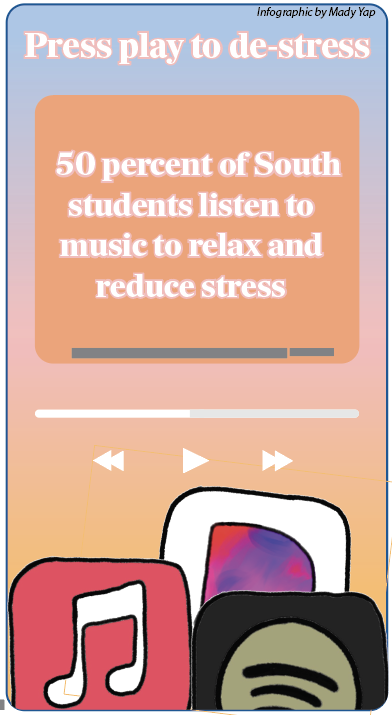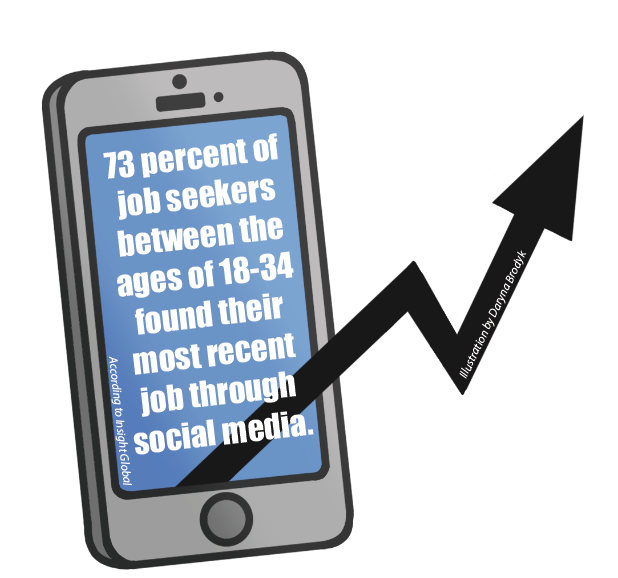It was a Friday night and I was sitting at my desk, biology notes scattered in front of me and a pencil in hand. Just as I was about to dive into studying, my phone buzzed, a text from my friend inviting me to a hangout with our entire friend group.
Deep down, I knew I needed to catch up on my schoolwork. But the thought of everyone spending time together without me filled me with anxiety. That familiar feeling of panic, the fear of missing out (FOMO), overpowered my resolve to study.
Every day, we are always surrounded by different people, in a variety of social groups and lives. Inevitably, with everyone we spend time with, there are events and hangouts that we are not a part of. In my freshman year, I was focused solely on events that I wasn’t a part of, even if it took away time from doing things I enjoyed. This ultimately led me to lose my grip on who I was.
To build your personal sense of individuality, it’s essential to step back from the crowd and listen to your own passions and interests. Constantly chasing what others are doing or fearing exclusion, keeps you from exploring new opportunities and figuring out what makes you unique.
FOMO is a feeling that lingers among many teenagers: the constant need to be included. It can come up while scrolling on social media or when you hear all your friends talk about hanging out when you know you really should do your homework instead like I experienced.
However, letting participation become about FOMO and not fun can be detrimental to our individuality. Spending time with friends should be about connection and enjoyment, not solely done because you don’t want to miss out. This can lead to further anxiety from postponing the things that you need to do.
It’s equally important to recognize the value of personal time. You don’t always need to be surrounded by others to have fun or feel fulfilled. Taking time for yourself, whether it’s pursuing a hobby or trying something new alone, can help you find joy and build confidence.
Endless streams of photos and videos showing other’s vacations, hangouts, and exciting events on social platforms can also make our own lives seem less fulfilling by comparison.
Although FOMO left me feeling isolated, what I didn’t know was that many teenagers often feel exactly the same. Around 55 percent of teenagers aged 15 to 18 experience FOMO, according to a study from the 5th annual Association of Southeast Asian Nations (ASEAN) Conference on Psychology, Counseling, and Humanities.
By reminding ourselves to step back from social media and focus on our own experiences, we might start to find a greater sense of contentment and emotional balance.
To combat FOMO, focus inward. Building a sense of individuality and exploring who you are is crucial. When you’re always focused on other people’s lives, you’ll never feel fulfilled within your own.
It can be difficult to let go of the habits that contribute to FOMO, but a crucial first step can be understanding and accepting that it’s necessary to prioritize and spend time doing things you truly enjoy. You don’t need to do everything your friends do. You don’t need to follow everyone you see on the screen.
It’s important to remember that it’s okay to be alone.








